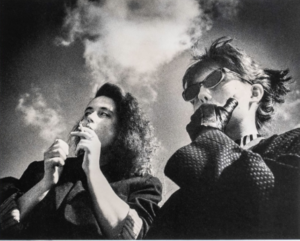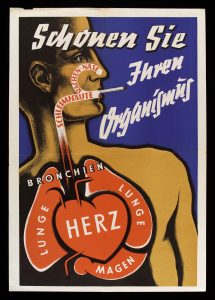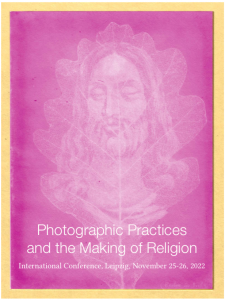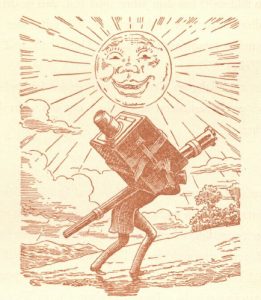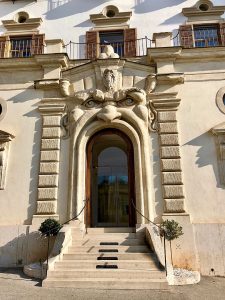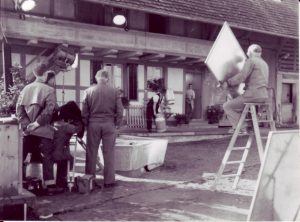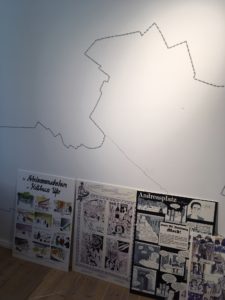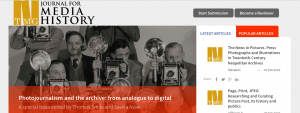Teaser der Website: Netzwerk topografische Bildmedien, arthistoricum.net – Fachinformationsdienst Kunst
Topographic visual media are produced and used in a wide variety of fields, such as science, art, the military, administration, jurisdiction and tourism. The Network Topographic Visual Media aims to understand and examine the functions, applications, and interconnections of topographic representations. Thus, it provides a public platform for academic debate and exchange between research projects and approaches from different disciplines. In our workshops, current research projects are discussed.
Topographic visual media have been and continue to be produced and used in a wide variety of fields, such as science, art, the military, administration, jurisdiction and tourism. Accordingly, the field of investigation includes maps and sea charts, topographic sketches, diagrams and plans, the mapping of planets and seas, and virtual spaces in computer graphics as well as landscape paintings, drawings and prints. There are many overlaps between these visual media in terms of techniques and types of spatial representation.
[...]
Quelle: https://visual-history.de/2023/03/17/netnetwork-topographic-visual-media/

